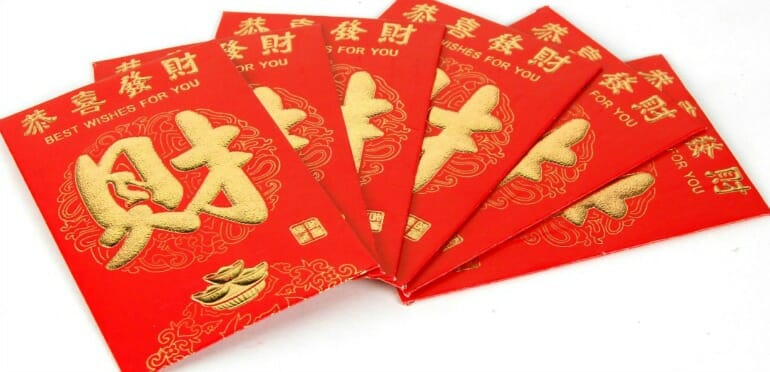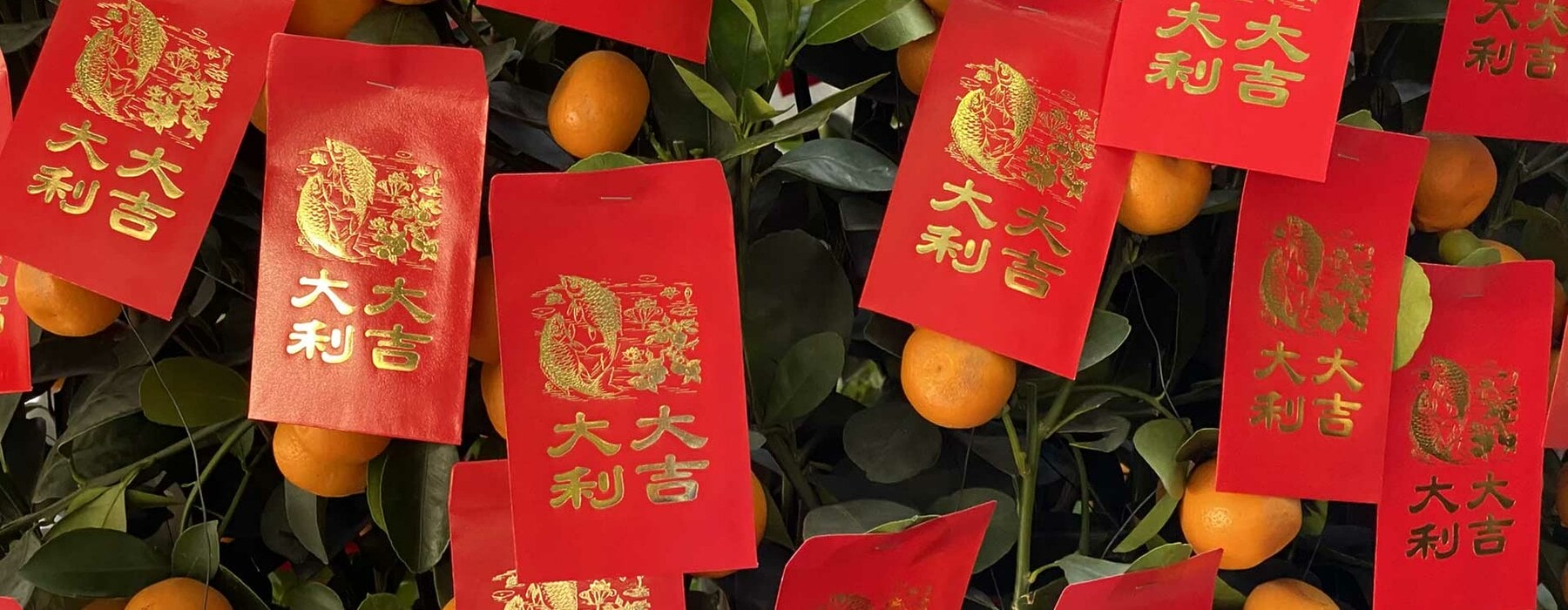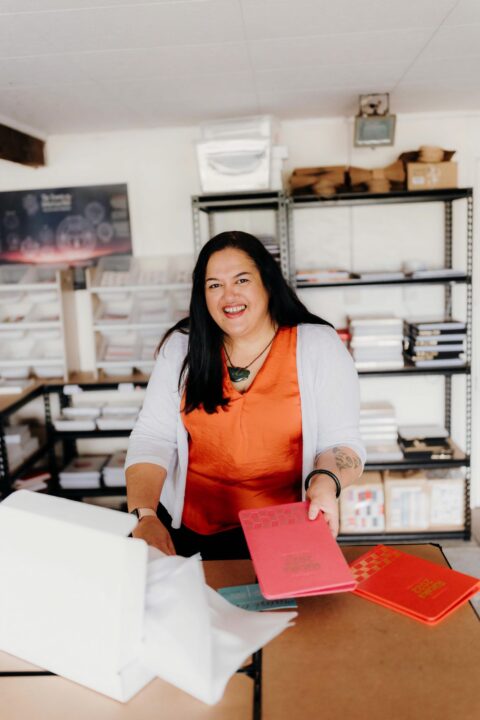While we usually think of December as the final month of gift-giving, and then it’s all over on January 1. Anybody who celebrates the Lunar New Year knows there’s one more red, sparkly holiday present (or envelope) to open between January 21 and February 20.
Lunar New Year’s Day, which occurs on January 22 in 2023, kicks off a 15-day festival replete with dozens of super-fun (and tasty) customs, ranging from fortune dumplings to joyous parades to the above-mentioned little red envelopes. What are they filled with, you may wonder? Oh, just some cash to make you feel affluent and secure in the new year. The person handing you the envelope wishes you good luck in the new year.
Red envelopes (hóngbo) are a traditional gift given to loved ones during the Lunar New Year holiday. Not any old envelope though – it must be red. The value of the hóngboo is not due to the contents but to the envelope itself. In Chinese (and other East Asian) cultures, the colour red is associated with success and fortune. While I am not Chinese, my mum has brought this Lunar New year tradition into my home since I was a child. Even after moving out, Mum still finds a way to deliver a lucky red envelope under my pillow each new year.
Some of the earliest accounts of Chinese New Year involve the practice of giving red envelopes as gifts. As the story goes, every New Year’s Eve, a demon dubbed ‘Sui’ frightened children as they slept, so parents would try to keep their kids up as late as possible to keep them safe. For New Year’s Eve, a little boy was given eight pennies to keep him awake, but he couldn’t keep his eyes open and fell asleep with the money still on his pillow. When Sui emerged, he could not harm the child because a bright light emanated from the coins. Today the envelope is symbolic of these coins, sometimes called “suppressing Sui money.”
Who can receive one?
While children take centre stage, adults and colleagues also participate in the ritual by exchanging red envelopes filled with money. How much is gifted in these envelopes is dependent on how close that person is to you. For example, the amount you give your kid may differ from your babysitter. In China, gifting red envelopes goes as far as one’s favourite barista.
I mentioned earlier that my mum would place the red envelope under my pillow. It is said that doing this will encourage good sleep for a year with no bad dreams and promise that they will become richer the following year. While this method may be a little tricky to do with friends, handing a red envelope over to your loved one is perfectly acceptable and still filled with the best of luck.
Important Info on Money Giving
Gifting a red envelope has certain protocols attached to it. For instance, a hóngbo should only have clean, crisp and fresh notes. In the lead-up to the Lunar celebrations, you’ll see long queues at banks as people scramble to exchange their crumpled bills. As we now live in a digital world, many prefer to send and receive virtual red envelopes instead of paper ones. Apps and built-in chat features now allow you to send virtual pockets of cash directly to other smartphones. As hóngbo may be sent digitally to anybody, an influx of envelopes are sent to celebrities’ inboxes.
Important Notes
Because the Chinese word for “four” sounds similar to the word for death, any dollar amounts that lead with the number four (4, 40, 400) are a definite no-go. However, amounts that include the number “8” promise good fortune and success as it resembles two coins stacked on top of each other.
There are also rules on the most appropriate ways to open an envelope. For example, sometimes children kneel to receive their hóngbo from their elders in various parts of China. Today, the main rule is to simply not open your envelope in front of the giver. This is considered rude, so be mindful of this if you ever receive one.
The main driver behind this tradition is to encourage everyone celebrating the Lunar New Year to keep the positive intentions behind these envelopes in mind. By giving these lucky red envelopes, you want to appreciate the intent behind gifting and receiving rather than the bonus that comes inside.

You can find Lucky Red Envelopes from most Asian grocery stores, the Warehouse and Miniso, and they come in packs of 10 for as little as $10.








